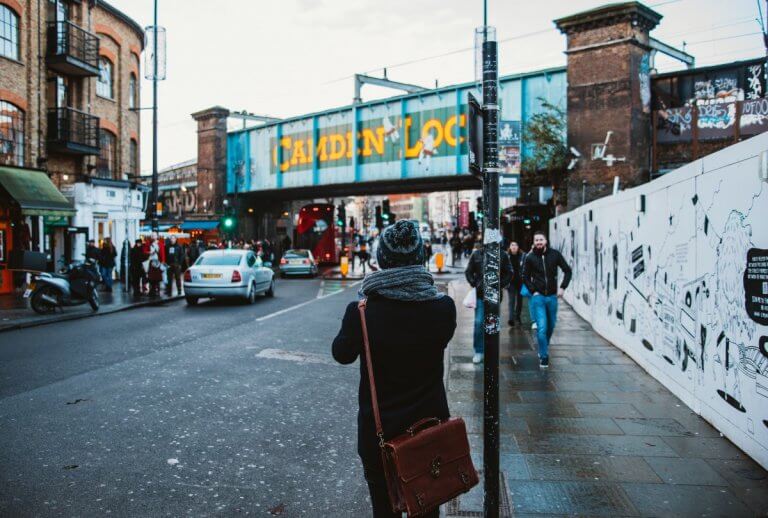
The famous writer Samuel Johnson once said: “Sir, when a man is tired of London, he is tired of life; for there is in London all that life can afford.”
Well, if the International Student Barometer (ISB) is anything to go by, it looks like international students in the UK capital really are tired of life.
According to the ISB – which measures the views of international students worldwide – levels of student satisfaction in London are remarkably low.
Having crossed borders to enrol in some of UK’s most prestigious universities, the report found that students here are significantly less likely to recommend their university when compared to those in other British student cities.
London has excellent universities—but unhappy students https://t.co/GkrT7sf2Vm
— The Economist (@TheEconomist) July 11, 2018
Contrastingly, international students at the University of Bristol are in praise of their city and school. A huge majority were satisfied or very satisfied with the expert knowledge of their lecturers and supervisors (96.9 percent) as well as with the city of Bristol (96.4 percent).
One Faculty of Science student said: “Bristol is open, dynamic and with cutting-edge research. I would definitely recommend it to other students applying for undergraduate or postgraduate studies.”
Another engineering student said: “It has fulfilled every expectation I had before coming to study here. The environment is excellent, the staff amazing and it has been a great experience so far.”
Problems exist, but no regrets
The Economist predicts that the misery of London-based students could partly be put down to the city’s location. Big cities are often perceived as hostile and expensive; hardly a winning combination for a happy study abroad experience. But the publication notes that students in New York, one of the world’s largest cities, record higher rates of student satisfaction.
Other possible reasons include teaching quality, lack of campus space and social isolation.

Like many other London-based schools, King’s College London does not have a campus and its departments are scattered throughout the city. Source: Shutterstock
Most of London’s schools rank high up in the major league tables, including Times Higher Education, QS and Shanghai, but their pole positions are due to these bodies rewarding research-intensive institutions. This sometimes comes at the price of quality teaching.
Then there’s the problem of a lack of campus space. For schools like King’s College London and University of the Arts London, this is an issue that goes back years.
Speaking to The Guardian in 2014, Emma Morris, who graduated from University of the Arts London says: “The lack of campus was the drawback to my university. The university spanned over most of London.”
Finally, London is home to a big population of international students. While this demonstrates citywide diversity, it doesn’t decide the fact that being a foreigner in any country isn’t easy, especially for those who aren’t as financially well-off as others. Holidays are particularly tough as not all can afford the cost of a trip back home.

Christmas is lovely in London, but not when you’re alone. Source: Lee Lian Kong
For Kala Opusunju from Middlesex University, the problems are both emotional and financial:
“My main challenges came in being lonely without family to encourage or support. And there seemed to be no available jobs for students such as myself to work and earn extra pay. So I was solely dependent on the income which my parents sent me from Nigeria.”
“I wish I had family in the UK to visit, stay with once in a while and go to in times of need. Most of my fellow Nigerians said they experienced depression moments after their arrival in London.”
A small consolation behind all this is that most of these students would recommend their institution to their prospective juniors, and are generally satisfied in their choice of London as a global study destination.
Liked this? Then you’ll love…
London crowned ‘education capital of the world’
From Liverpool to London, Korean exchange student wins hearts with talent for accents







